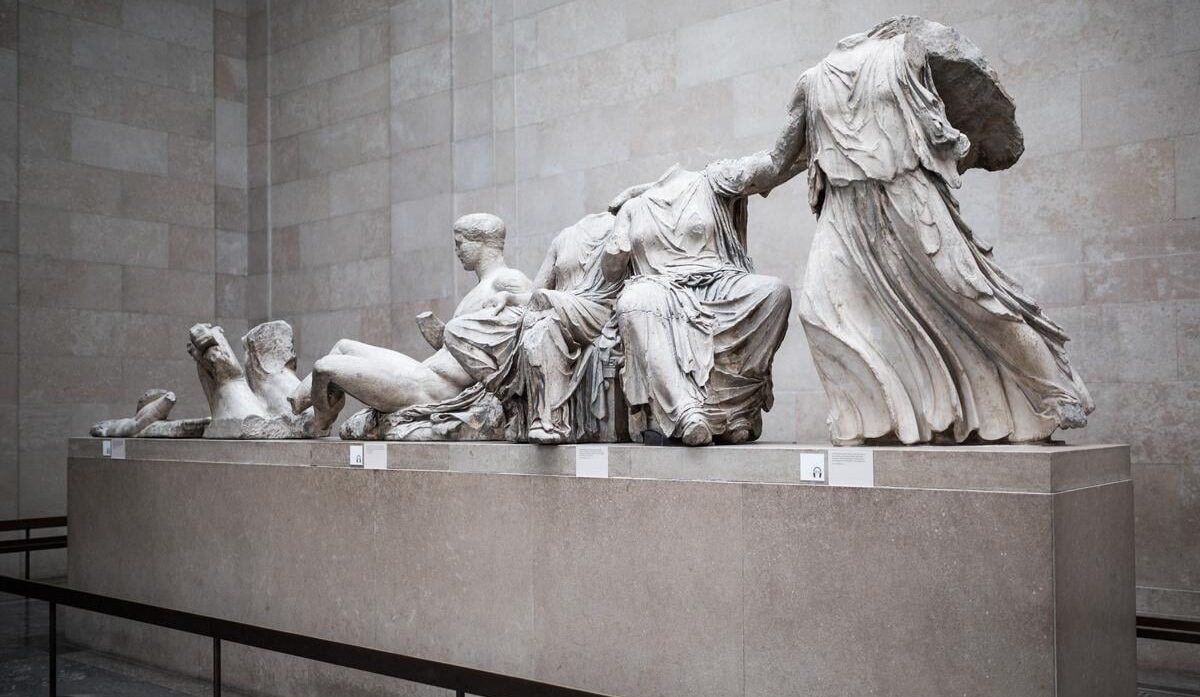By Christos Zabounis
In 1789, the French Revolution, along with Louis XVI, sent the vanguard of the regime, namely the aristocrats, to the scaffold. Deriving from the Greek term, it was established to call “aristocrats” the elites of the state to whom the kings gave titles, either because they had distinguished themselves in wars – best case scenario – or because they participated in illegal transactions. Regardless of the origin of the title, barons, counts, lords, dukes and marquises formed the backbone of European societies for centuries. They still continue to do so in ten states of the old continent, no less. They were not all bad, as the communist propaganda wants to present them, nor decadent, as the cinema of left-wing directors likes to portray them. I’m afraid I’ll sound apologetic if I start quoting shining examples of achievement, so I’ll avoid that. Never explain, as Queen Elizabeth says.
Two centuries after the hanging of Louis XIV, I am invited to the wedding of one of his courtiers: Princess Marie-Louise de Breuil. Marie Louise is A.’s high school classmate and their ties remain close. Several major practical issues arise, e.g. whether we will get a gift from the wedding list or choose from the free market, which are solved by summary procedures (then they first understood the importance of marriage, then the idea of a practical guide to brides-to-be was born). The wedding festivities last all weekend and take place at the family château in Normandy. I find that either the “sans culottes” did not do their job well in 1789, or the aristocrats did theirs too well, keeping their properties and more. Although there are about 5,000 families left, they exert a disproportionately large influence on French society for their number. I notice that Mitterrand’s subjects – he was president in the 1980s when the marriage took place – are possessed by a variant of Stockholm syndrome: they are in love with the kings they decapitated and everything that surrounds them. How else to explain the circulation of the specialist royalties weekly Point de Vue which at the time reached half a million readers. In the marquee set up in the garden of the Château, the decor is a hymn to good taste. It is exactly the opposite of what Napoleon said about his sister, that she has a lot of taste, only that it is bad. Dinner is assis, i.e. with tabs. In contrast to modern Greek dinners where the seating is done exclusively according to bystander criteria, in this particular dinner, as in similar ones, there is a fore-study for the mixing of the guests, regardless of class, race and age. I glance at the tab next to me and read the name ‘Lady Elgin’.
“Your name is familiar to me”, I address the well-dressed lady with the flawless coiffure.
“That’s why you should talk to my husband,” she refers me to a rosy-cheeked gentleman across from her. Lord Elgin is a descendant of the man who, by firman of the Sultan, stripped the Acropolis of the sculptures of Praxiteles. With the audacity of ignorance, I ask him for an interview. He accepts, much to my surprise.
A few days later we fly from Paris with the photographer Evangelos Rassias to Edinburgh, emissaries of ENA magazine (s.s. a unique spirit, that I will only meet fifteen years later in Lymberi publications). From our conversation with the Scottish lord I keep two points. The first, that following a paragraph of the agreement between his ancestor and the British Museum, “the marbles should not be removed”, otherwise they will return to the possession of the seller. The second refers to another one of his ancestors, Lord Cochrane, who organized the Greek Navy after the revolution. The interview will cause a sensation and provoke the angry reaction of the then Minister of Culture Melina Merkouris, who is leading the campaign for the return of the “Elgin Marbles”.
Ten years later I will travel again, this time as an emissary of Figaro Magazine, to do the same story. The magazine’s aristocratic director Patrice de Plunkett is delighted when I suggest a story that disturbs the English. He is also in favor of the return of the marbles; not the French ones – Venus de Milo, Nice of Samothrace –, only the British ones.
Excerpt from the stories of a child-man.













